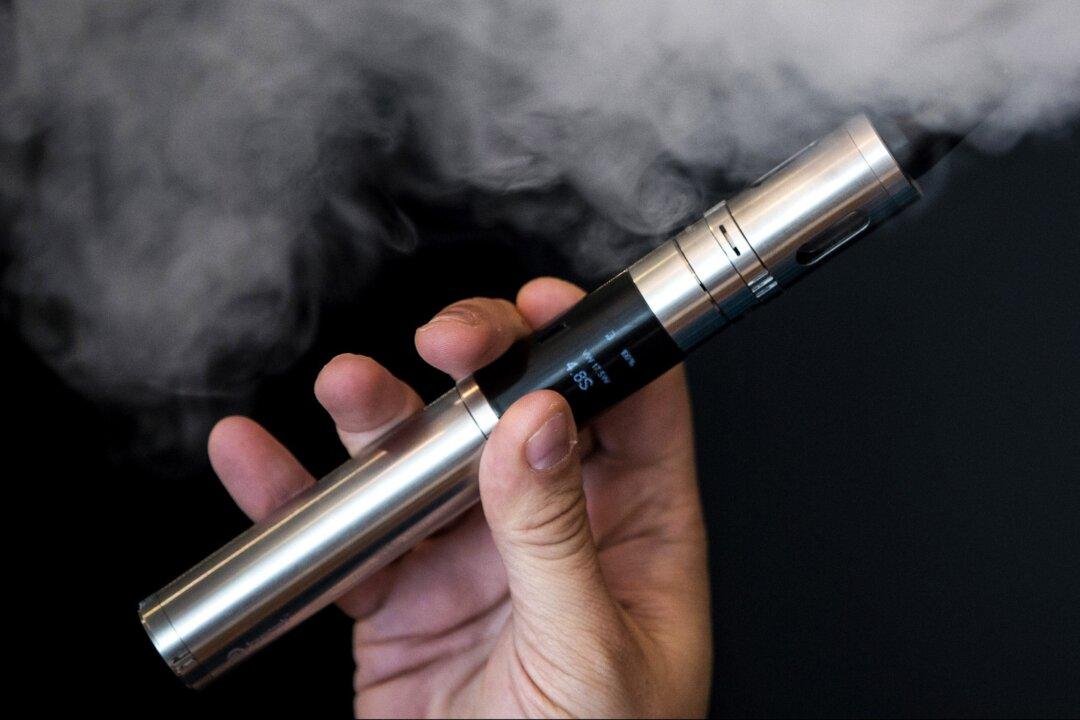Palau’s government has imposed a ban on the sale and use of electronic cigarettes in the Pacific Island nation, citing the “detrimental effects” of the products on public health, according to local reports.
The bill, signed into law by Palau’s President Surangel Whipps Jr. on Wednesday, will also prohibit the import and advertisement of electronic cigarettes in Palau. The new rules will take effect on May 29.





